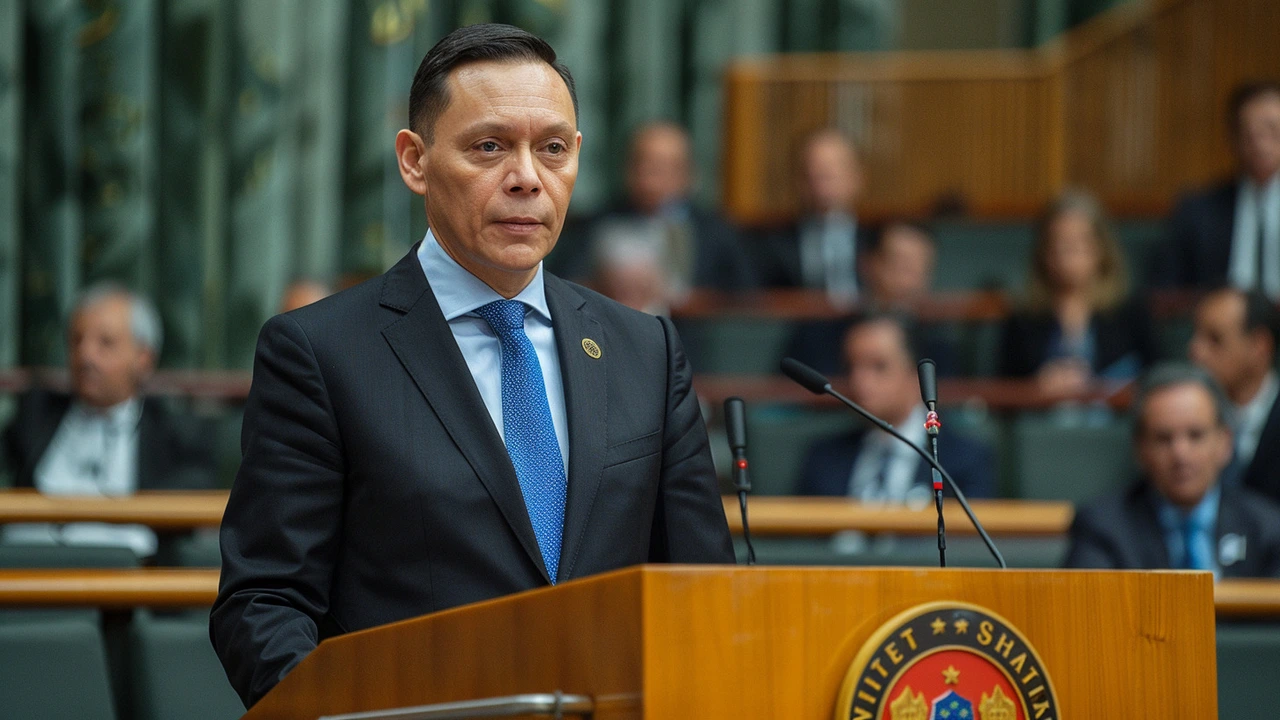Asylum: Practical Guide to Applying and What to Expect
If you’re thinking about claiming asylum, you need clear steps, not politics. Asylum is protection given by a country when you can’t safely return home because of real danger. This guide gives plain, useful advice on how to apply, what to bring, how interviews work, and where to find help in Africa.
How the process usually works
First, register. That often means notifying immigration or a refugee office, or contacting UNHCR. Registration can give you temporary documents and let you access basic services. Next comes a formal asylum application and an interview. Authorities will ask why you left home, what threats you faced, and for proof. After the interview, expect a decision — timelines vary from a few weeks to many months, depending on the country and caseload. If refused, you usually have the right to appeal within a fixed time frame, so watch deadlines carefully.
Here’s a simple timeline to keep in mind: register right away, submit your formal claim within days or weeks, attend an interview within weeks to months, then wait for a decision that can take months or longer. Always ask for written dates and keep copies.
Practical tips: documents, evidence, and interview prep
What to bring: ID (passport, ID card, birth certificate), any police reports or medical records proving harm, photos of injuries or destruction, witness names and contact details, and proof of membership in targeted groups (party membership, union records, religious group contacts). If you don’t have documents, say why — lack of papers is common and can be explained.
Evidence matters, but so does consistency. Tell a clear, honest story. Memorize key dates and places, but don’t rehearse answers that sound scripted. Bring originals and at least two photocopies of each document. Ask for a qualified interpreter if you don’t speak the official language. If you can, get legal help before the interview — an experienced lawyer or NGO can point out weak spots in your case and help you prepare.
During the interview, speak calmly. If you don’t remember something, say so. Don’t exaggerate. Offer the facts and be ready to explain patterns of threat: who targeted you, why, and how often. If you fear return, describe specific incidents, dates, and any threats or attacks.
Know your basic rights: you should not be returned to a place where you face harm (non-refoulement). You may be eligible for temporary housing, medical care, or legal aid depending on the country. If detained, ask to speak with a lawyer and request medical attention if needed.
Where to get help: contact UNHCR offices, IOM, local refugee NGOs, legal aid clinics, or community groups. Many NGOs provide free legal counselling and document help. Keep a small folder with your papers, phone numbers for your lawyer or support group, and copies of all forms you submit.
Asylum paths are different everywhere, but being prepared makes a big difference. Stay truthful, collect what evidence you can, meet deadlines, and reach out for legal help early. If you need links or contacts for a specific African country, ask and I’ll pull them together for you.
Portugal Enforces Stricter Migration Policies Amid Rising Influx
The Portuguese government implements stricter measures to regulate migration, focusing on reducing asylum seekers and improving integration processes. With enhanced border controls and more efficient asylum processes, the aim is to address the rising number of migrants and ensure sustainable integration for those granted asylum.
